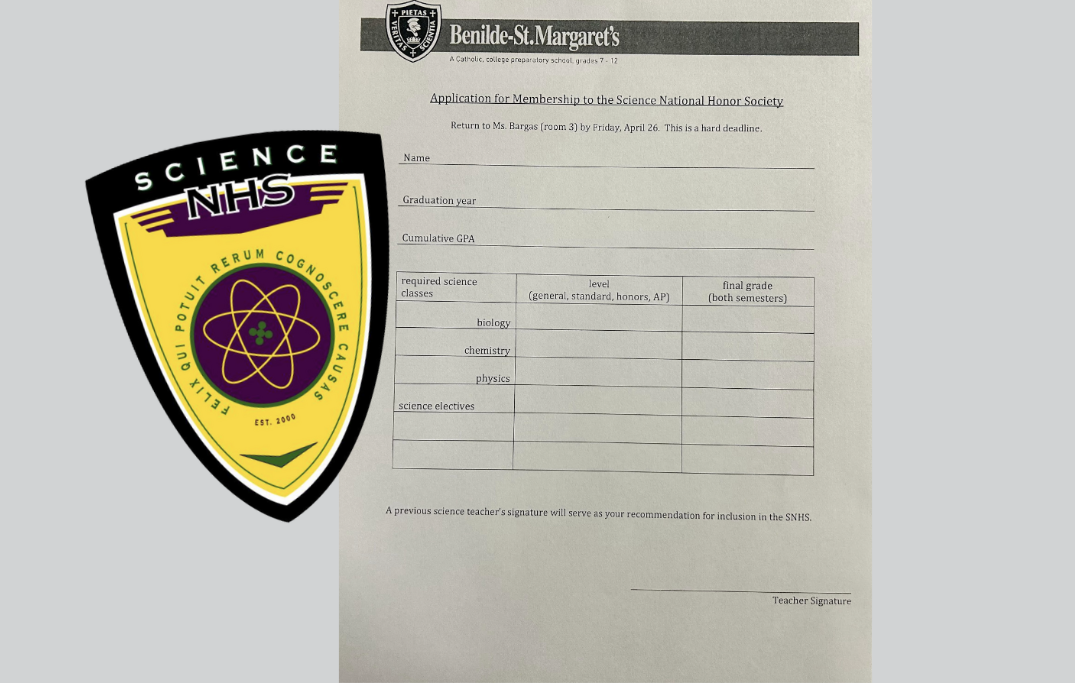Juniors Izzy Golla and Marina Vonhof have always wondered why BSM does not have a Science National Honor Society, even though the school has invested in numerous other chapters of academic honor societies. They asked Lisa Bargas, BSM science department chair, if they could start a chapter of the Science National Honor Society here at BSM. Bargas agreed, and applications have recently gone out to students.
The Science National Honor Society is a nationwide honor program that focuses on high-performing science students. “It’s an organization that recognizes young people, high school-aged people who are very adept at science, and not only that, but also have a deep curiosity about it and who continue to do science even when they don’t have to,” Bargas said.
Golla and Vonhof thought BSM should have a Science National Honor Society because BSM is very science, technology, engineering, and math (STEM)-driven. They first had to bring the idea to President Danielle Hermanny before Bargas could start the society. “We had to draft a proposal saying why [a Science National Honor Society] would be an asset to BSM, and how we would fund it for honors cords. Once we talked to [Hermanny], we just had to do some paperwork, create an email, and draft the application forms,” Vonhof said.
The requirements differ from school to school, though at BSM, only rising juniors, current juniors, and seniors are allowed to apply. Students must have and maintain a 3.5 grade point average (GPA) in science classes and a 3.0 weighted GPA overall. “You have to get a recommendation from a teacher and you have to have taken science classes with rigor and have done well in them to get in [the society],” Vonhof said.
Students will lead the society, with Bargas acting as an advisor to handle the administrative aspects. Bargas hopes it will be more student-driven and give students passionate about science leadership opportunities.
Bargas additionally wants to start a science resource center for struggling chemistry and physics students, much like the existing math resource center, which is staffed each period with math teachers able to assist students in coursework or clarify mathematical concepts. “The other thing I was thinking about was community service, to maybe go out to some of our feeder schools once a semester doing some segments with them. For example, explaining something about science that affects our community,” Bargas said.


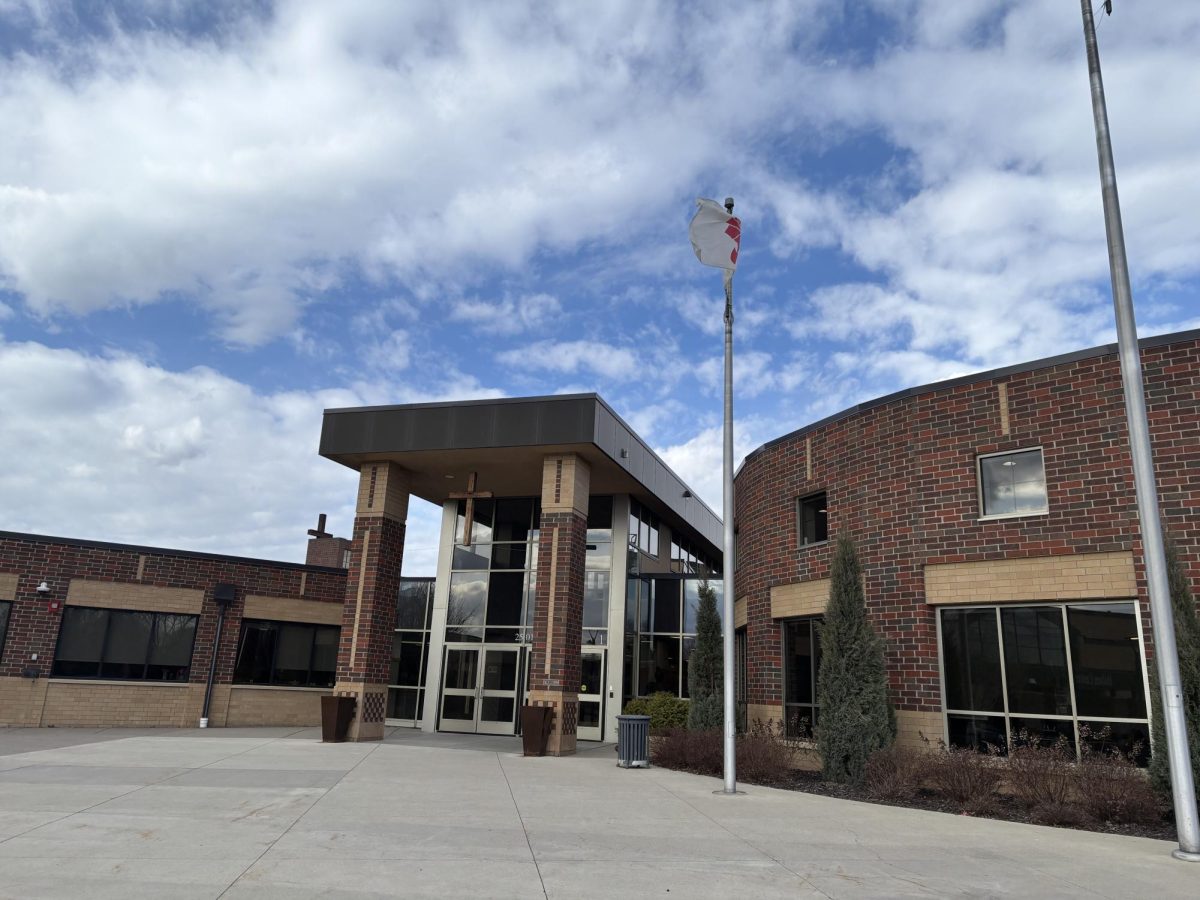
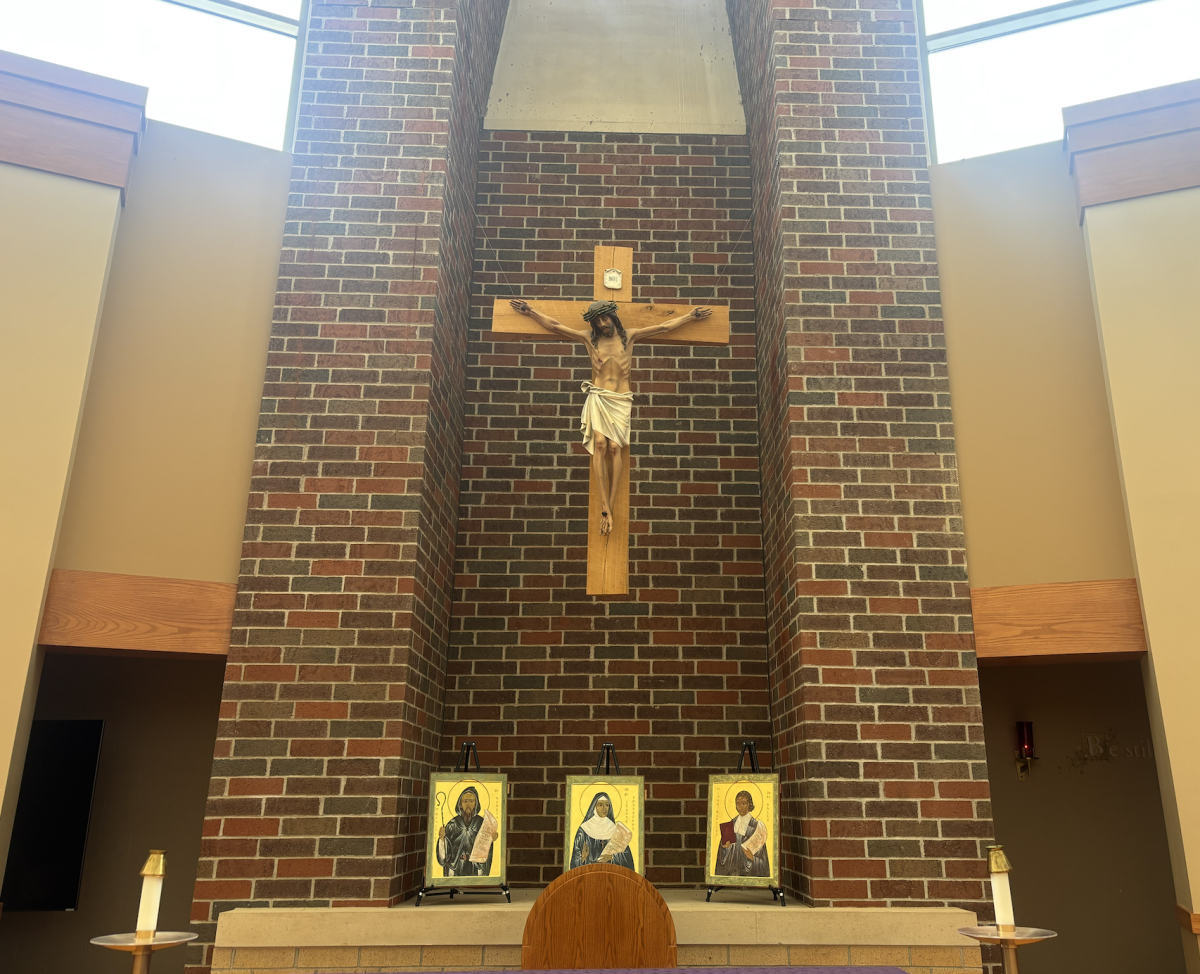
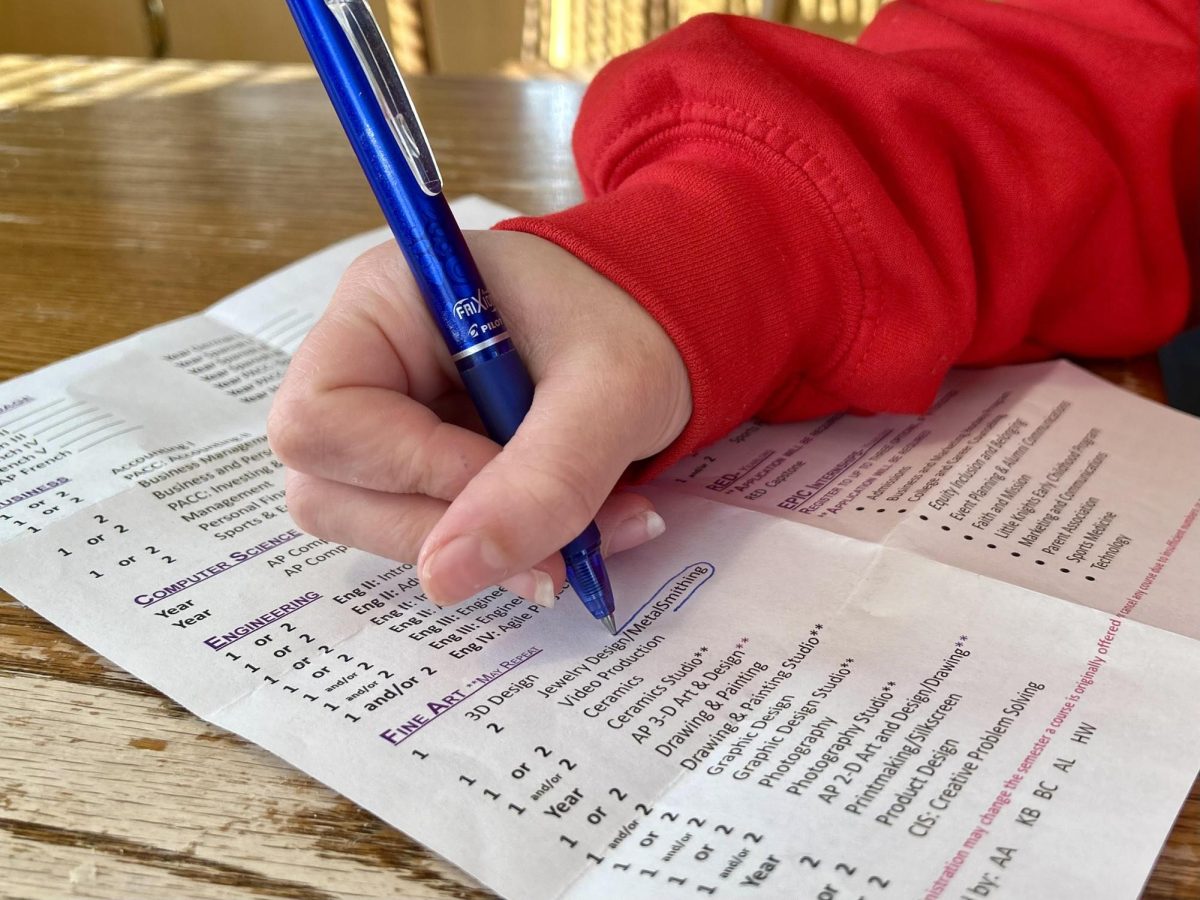
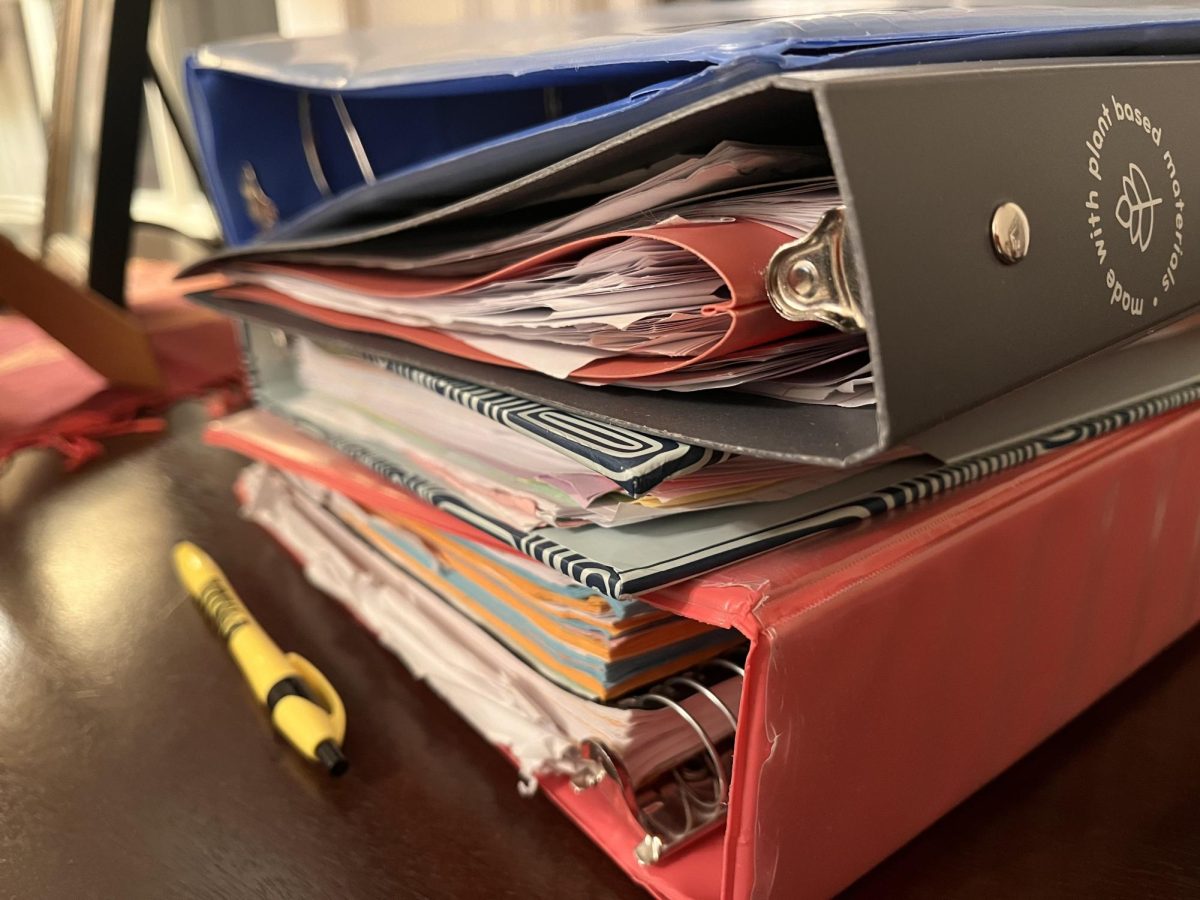
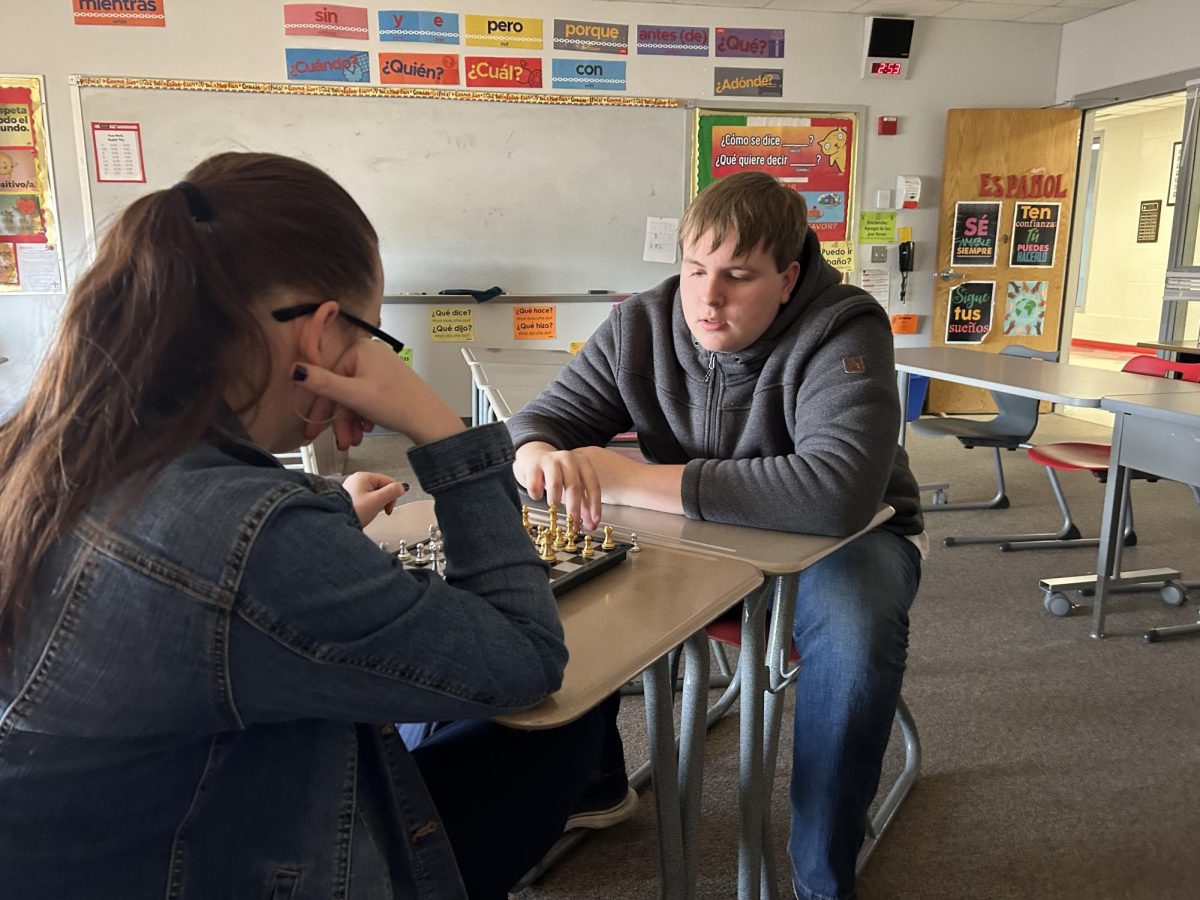

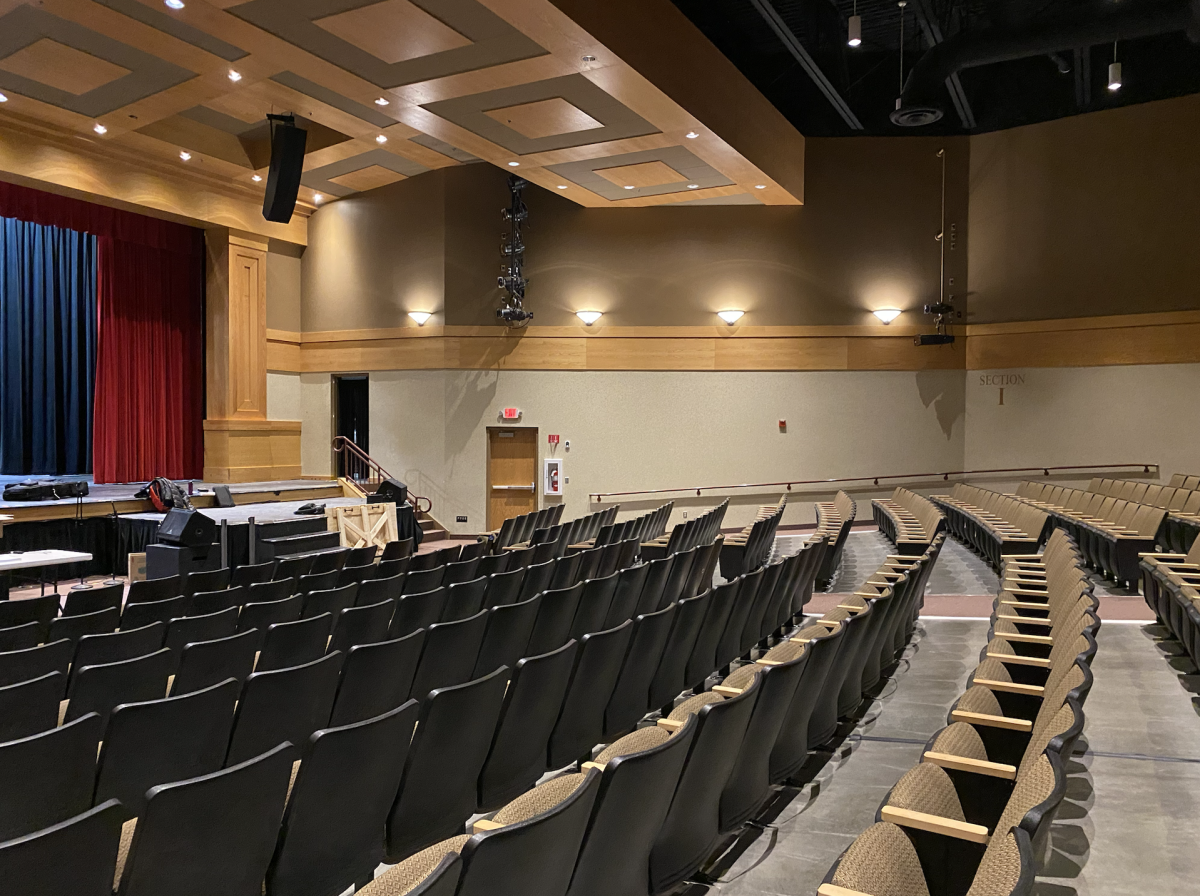
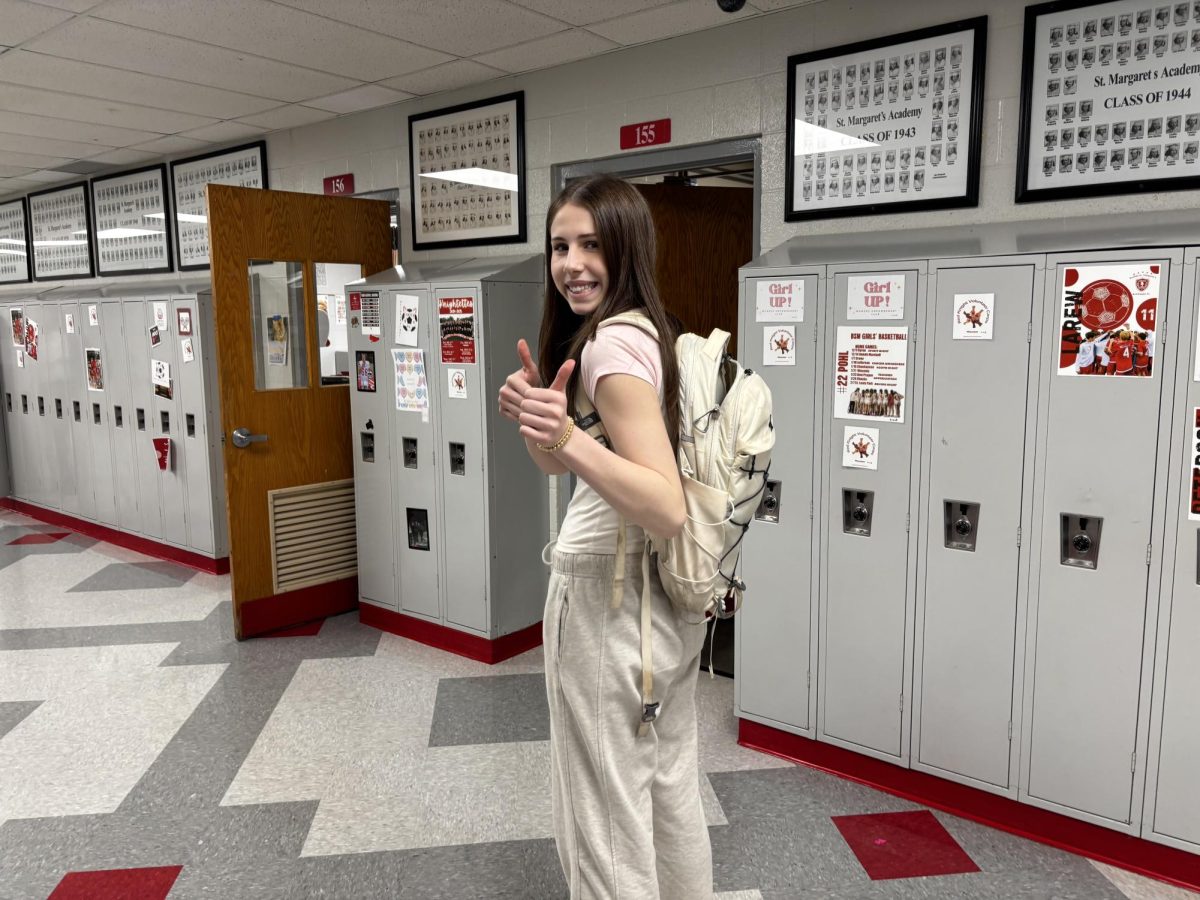
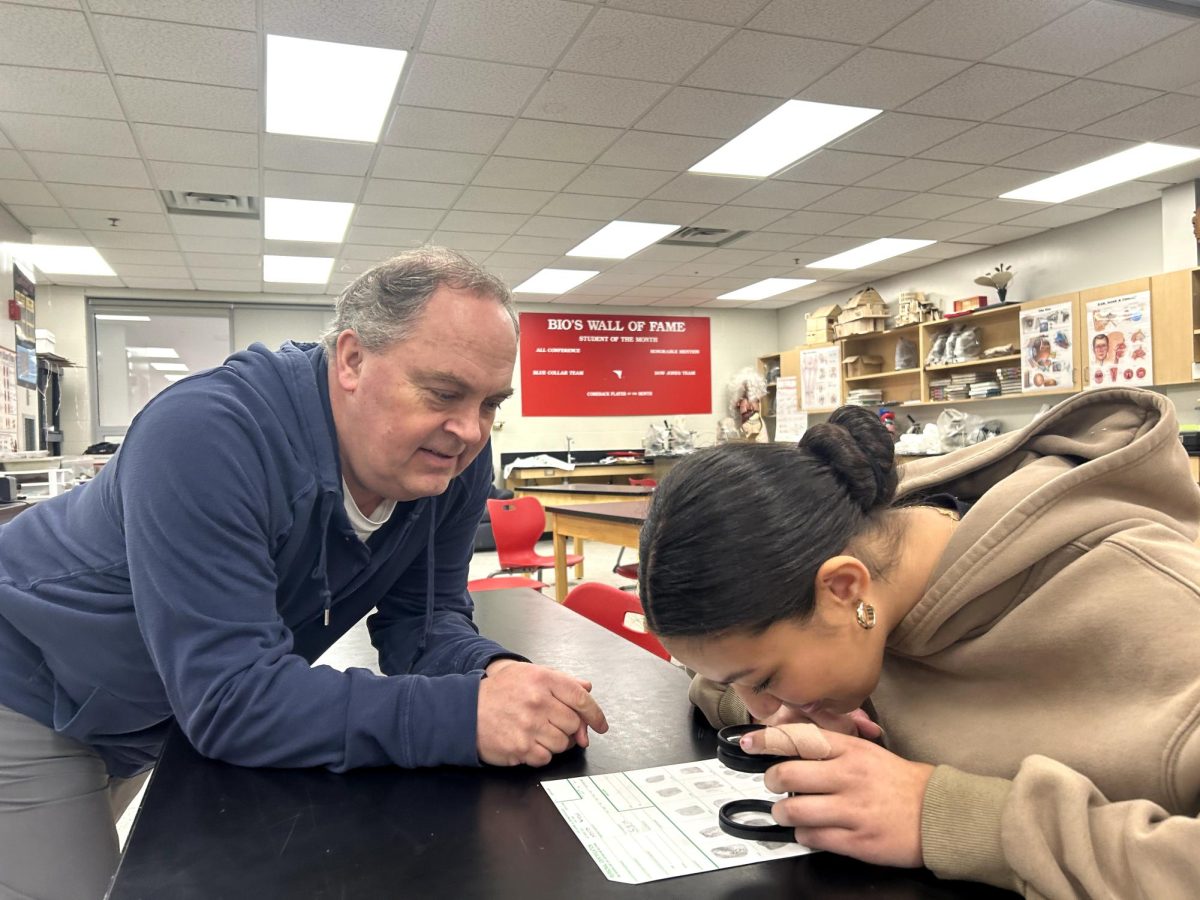


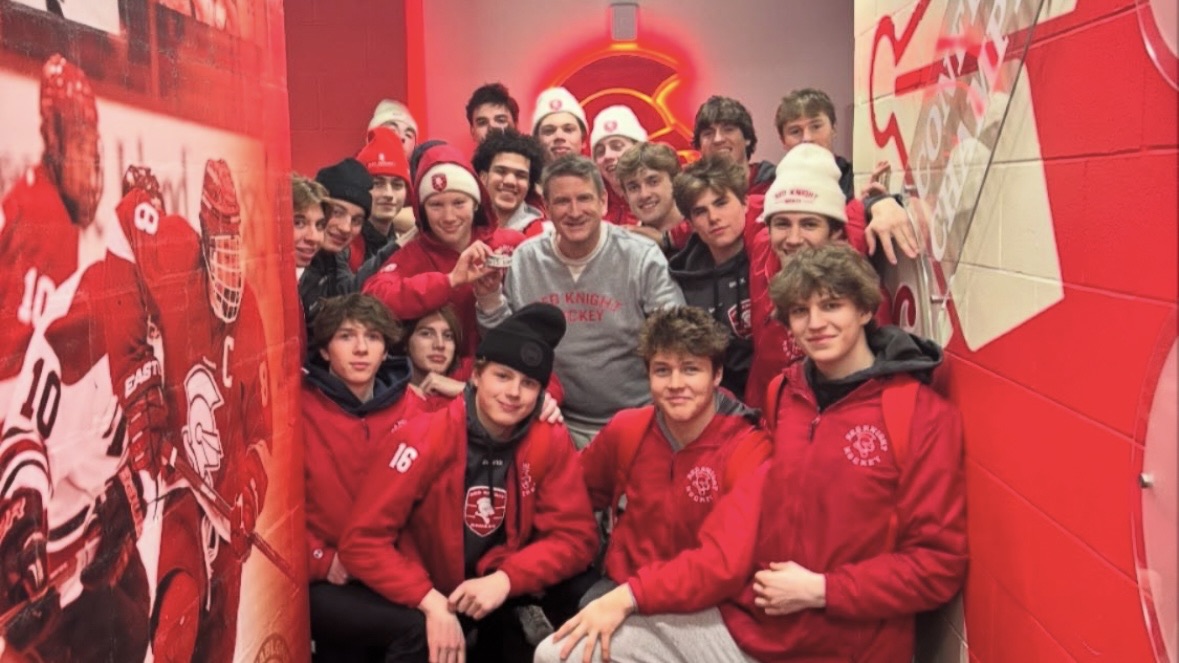
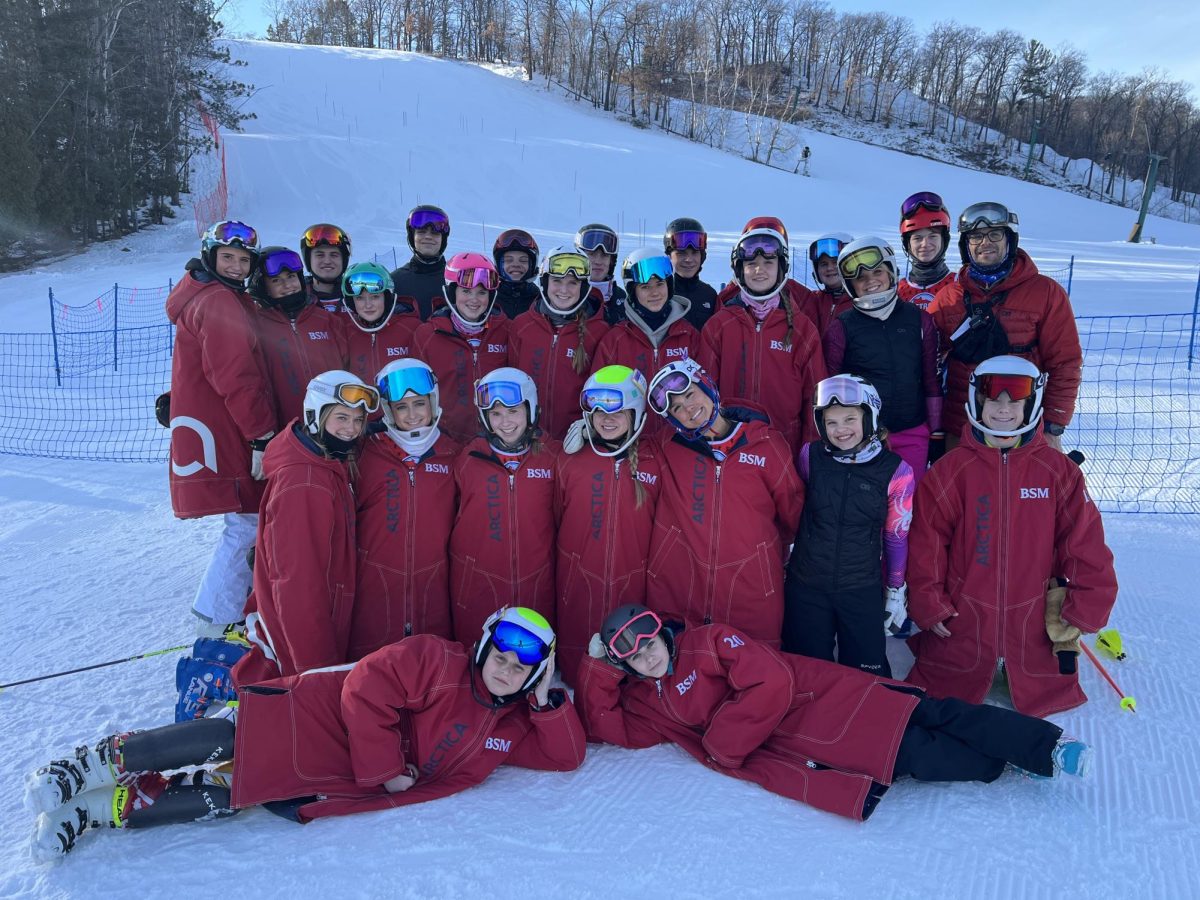
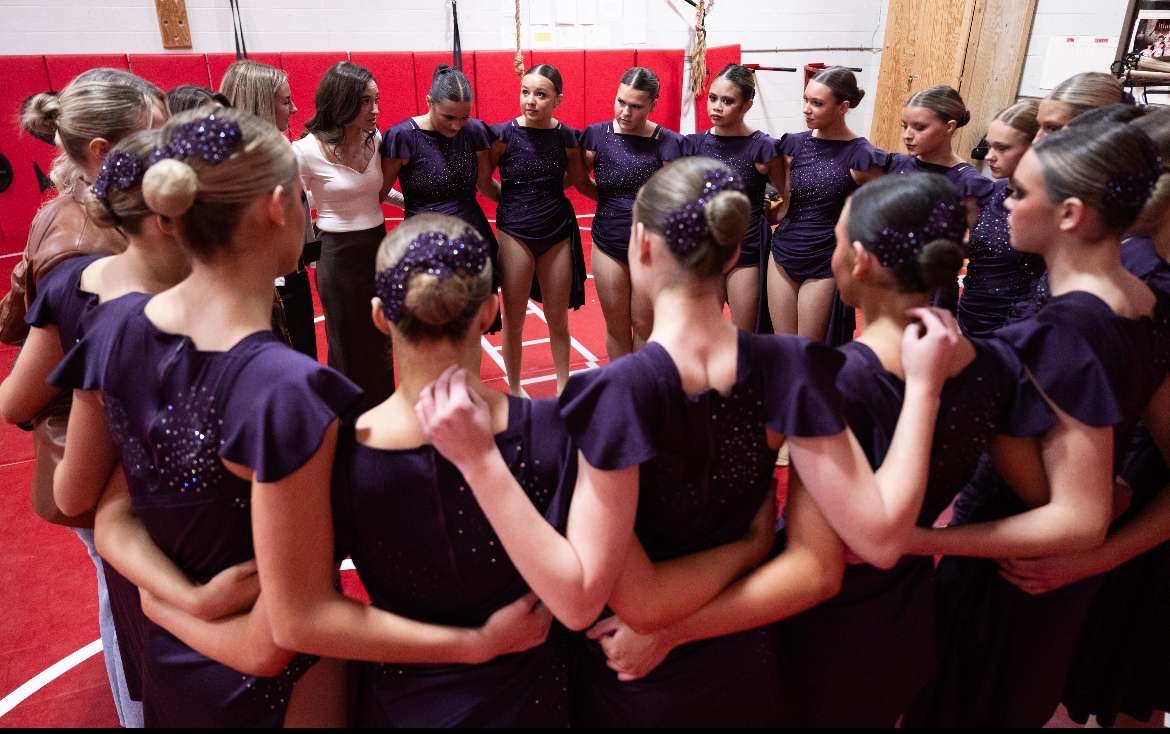




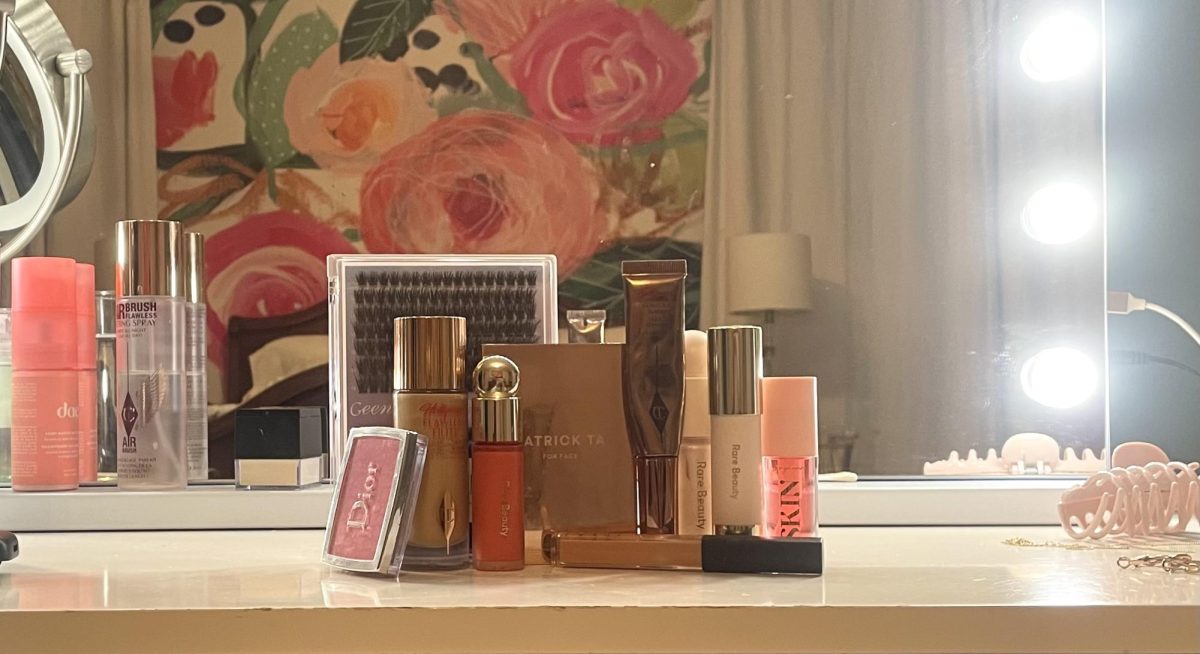
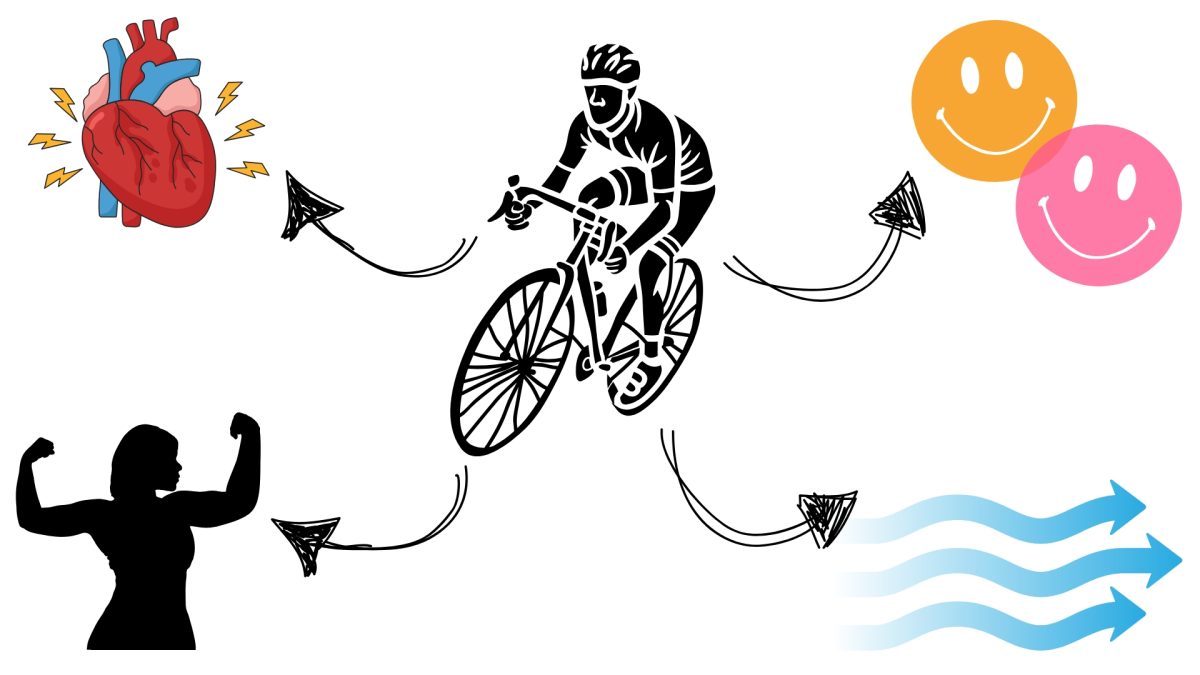
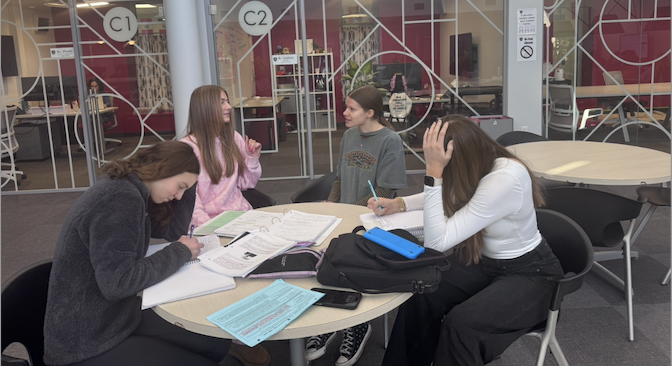
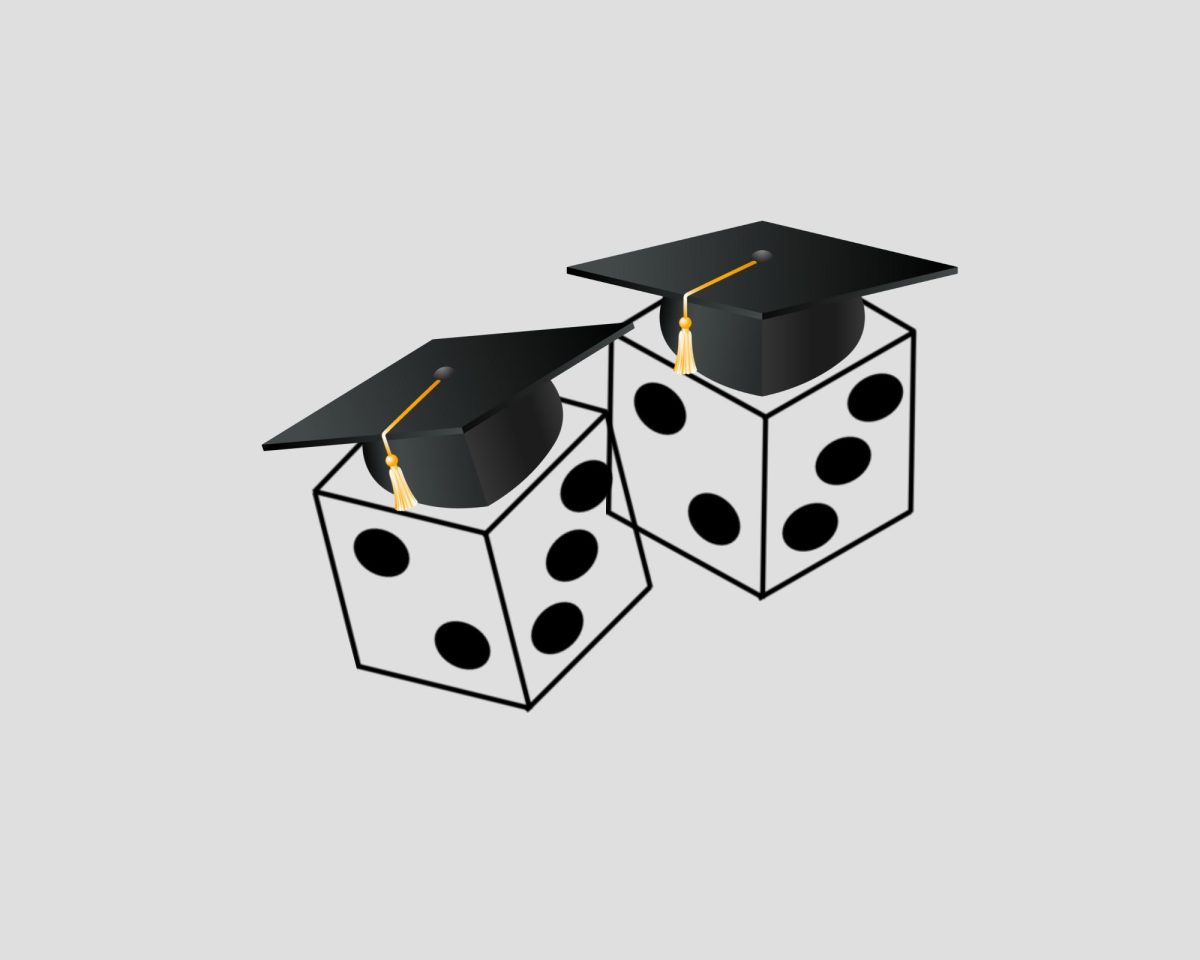
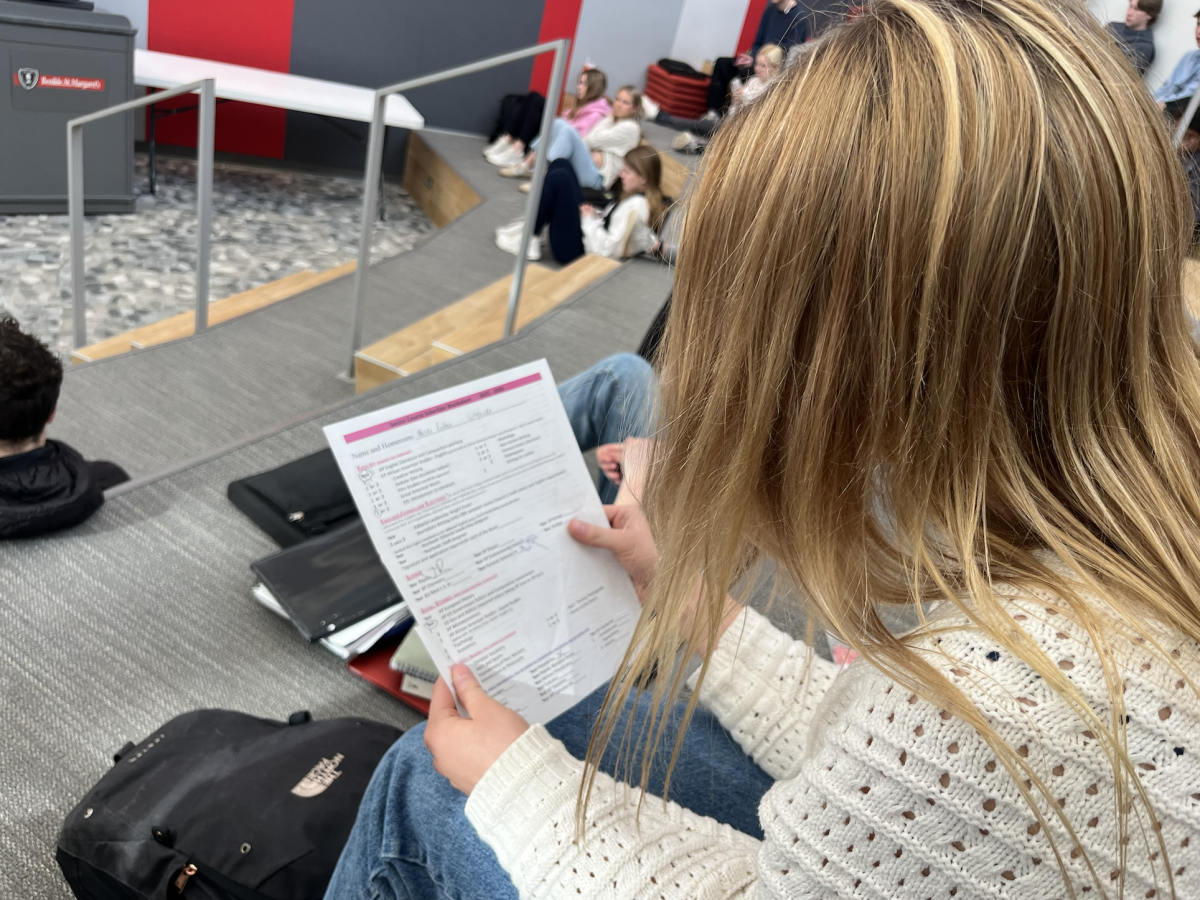
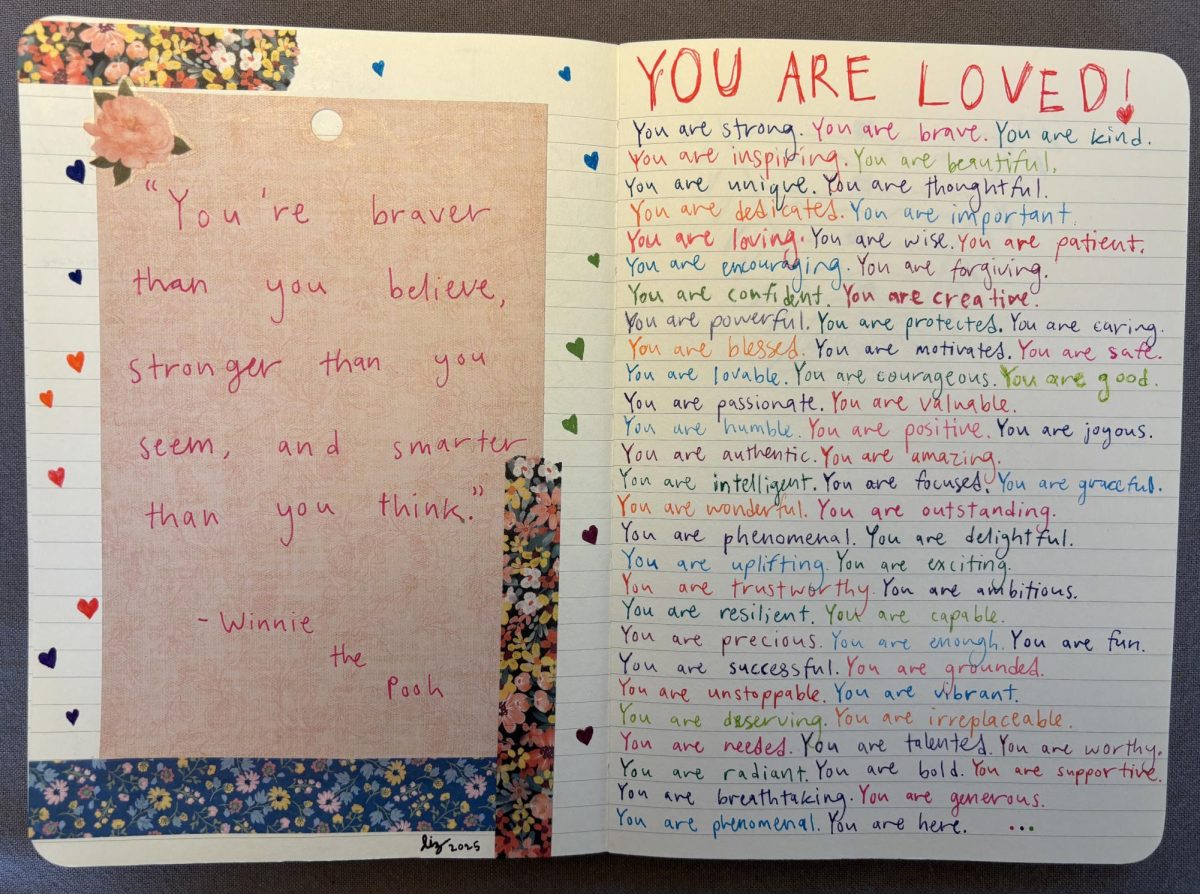

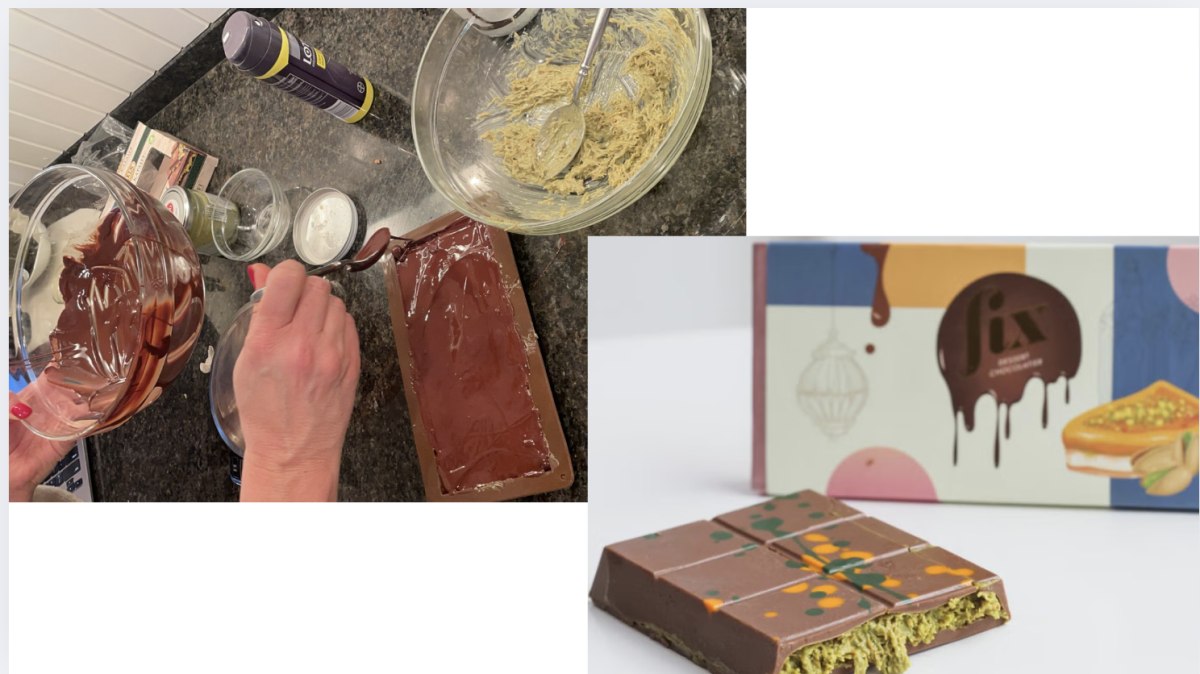
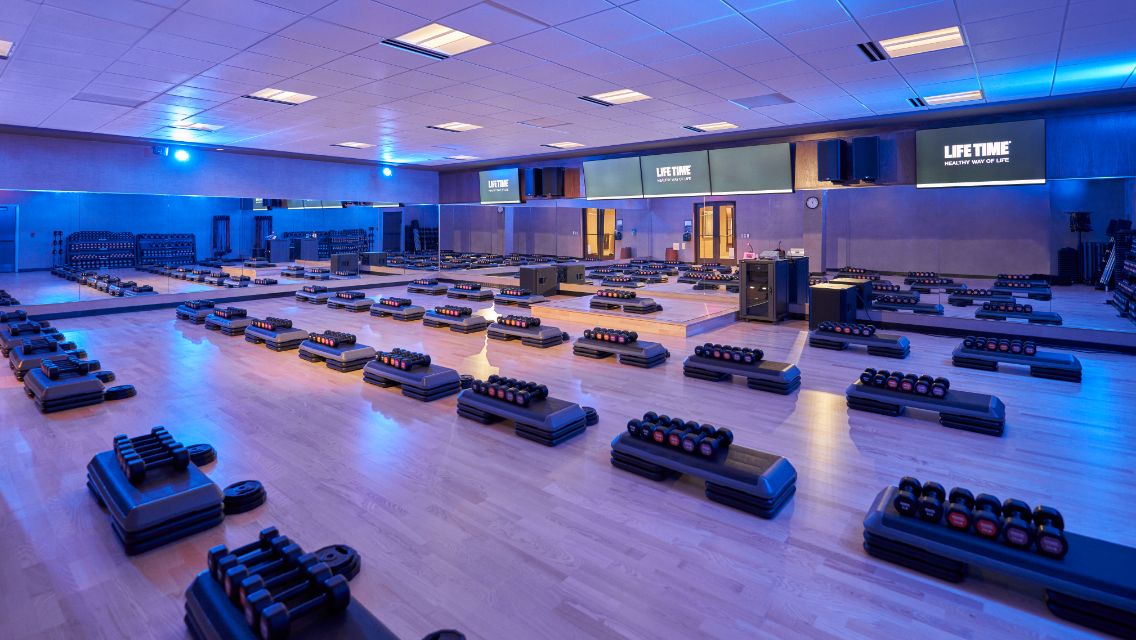







![Teacher Lore: Ms. Rathmanner [Podcast]](https://bsmknighterrant.org/wp-content/uploads/2025/03/teacherlorelogo-1200x685.png)




